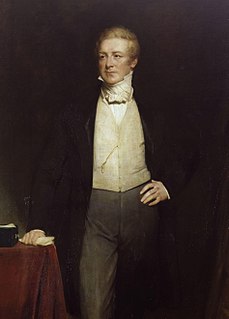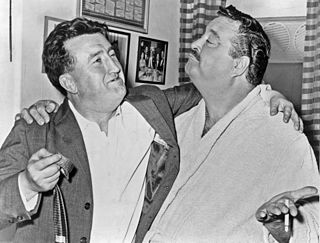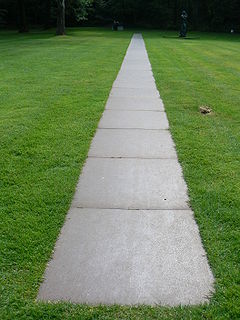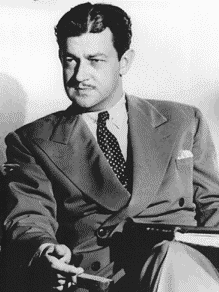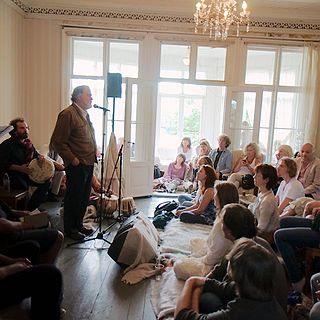A Quote by Robert Peel
Much is said about English severity, but not a word about Irish provocation.
Related Quotes
James Joyce's English was based on the rhythm of the Irish language. He wrote things that shocked English language speakers but he was thinking in Gaelic. I've sung songs that if they were in English, would have been banned too. The psyche of the Irish language is completely different to the English-speaking world.
I was fascinated by the lack of a word for a parent who has lost a child. We have no word in English. I thought for sure there'd be a word in Irish but there is none. And then I looked in several other languages and could not find one, until I found the word Sh'khol in Hebrew. I'm still not sure why so many languages don't have a word for this sort of bereavement, this shadowing.
I laughed. “You’re too young to be so … pessimistic,” I said, using the English word. “Pessi-what?” “Pessimistic. It means looking only at the dark side of things.” “Pessimistic … pessimistic …” She repeated the English to herself over and over, and then she looked up at me with a fierce glare. “I’m only sixteen,” she said, “and I don’t know much about the world, but I do know one thing for sure. If I’m pessimistic, then the adults in this world who are not pessimistic are a bunch of idiots.
I said that when I looked at photographs of the firefighters who went into the Twin Towers, their faces looked to me like Irish faces. I hadn't yet learnt how careful outsiders have to be when talking about race in America, and I'd put my foot in it. Someone stood up and said aggressively, 'What do you mean by Irish faces?'
